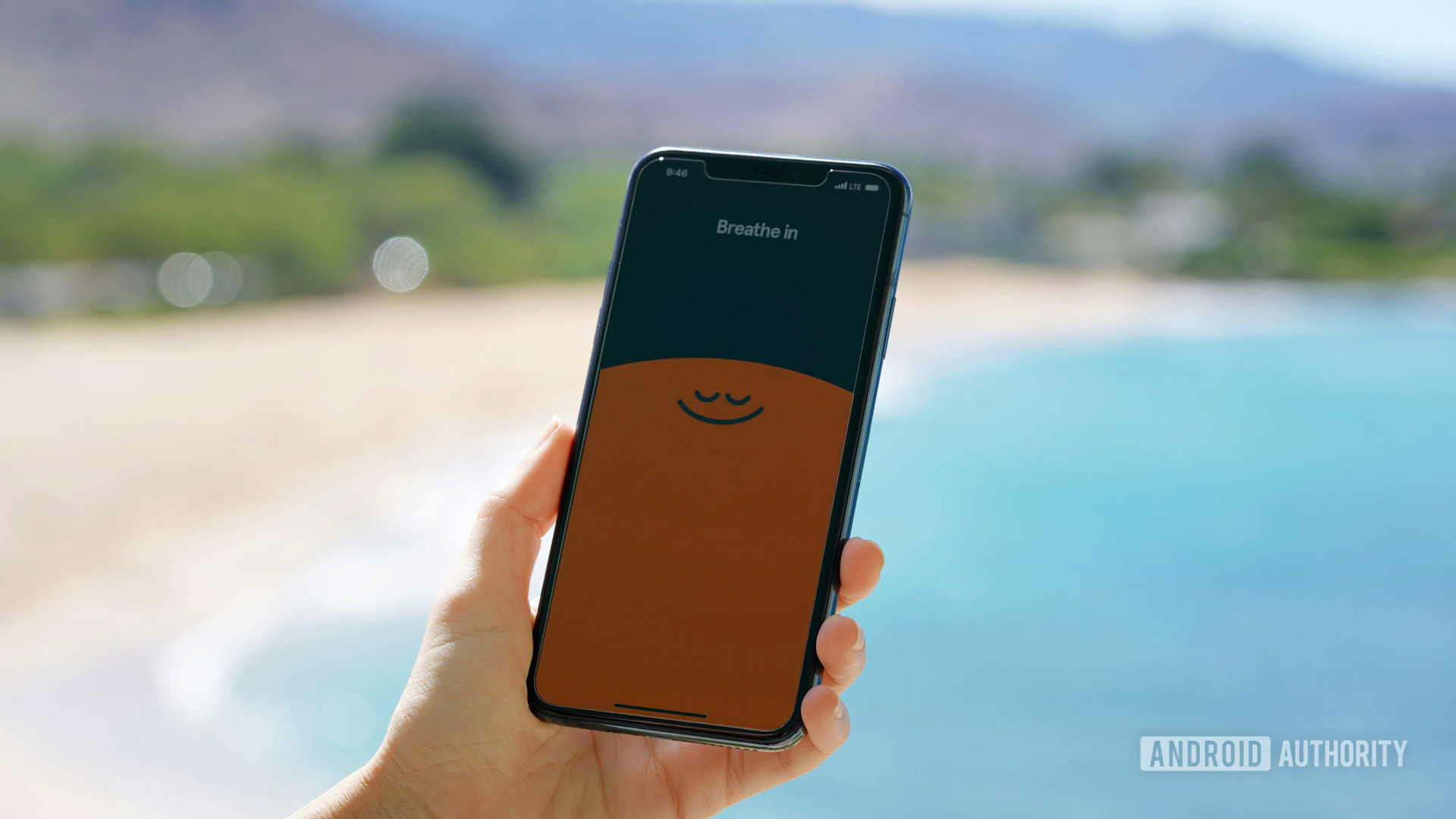

Getting healthy is something that is on everyone’s mind at some point. Better health can lead to lower hospital bills, feeling better, and doing more things. Thankfully, there are many applications on smartphones and tablets that can assist you in living better, eating better, and exercising more frequently. Most of the useful ones are either exercise apps, calorie counters, activity tracking apps, or some combination of all three. Let’s take a look at the best health apps for Android.
We put a bit of a focus on eating healthy with this one. We have more health-style app lists linked up just below and throughout the article.
Price: Free / $4.99 per month / $74.99
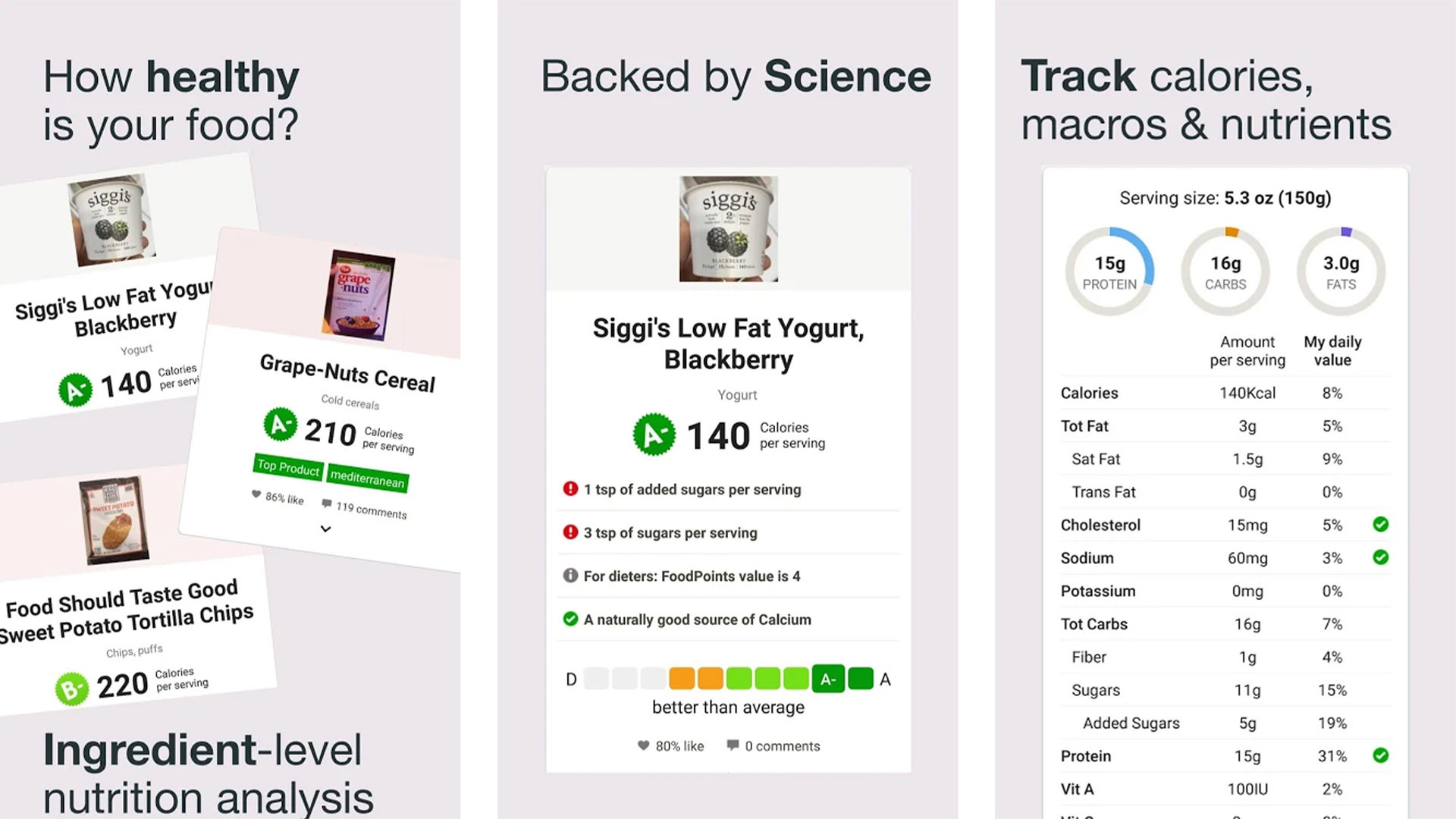
Fooducate is a decent nutrition app. It features 250,000 foods to compare. The service grades food for easy comparison. That way you can easily identify the good stuff versus the bad stuff. The app also tracks your food intake, exercise, and other variables. There is also a system of food recommendations and a community of people to interact with. Some parts of the app are free. You need to go pro to get all of the features. Fooducate does a poor job at listing its prices for stuff. It’s $4.99 per month or a single $74.99 purchase. There are other purchase options as well.
Price: Free / $12.99 per month / $69.99 per year
Headspace is a meditation app. Hey, mental health is important too! Anyway, Headspace includes various guided meditations, emergency SOS sessions for calming needs, and various programs to choose from based on your needs. It even sends you the occasional notification telling you to chill out and breathe a little bit. We particularly liked that feature. The pro version is a little expensive, but it does include more features. Calm, Let’s Meditate, Prana Breath, and Aware are some more excellent meditation apps. We also have a full list linked up toward the end of this article.
Price: Free / $9.99 per month / $39.99
Home Workout is an excellent health app for beginners. It has a collection of workouts you can do at home with no equipment. That means the only thing between you and starting is a download button and a few extra minutes in your day. Some of the exercise routines include warm-ups, stretching, weight training, strength training, and more. You also get video and animation guides, charts, and more tracking. It’s really good, especially if you don’t want to spend a ton of money on exercise equipment. The developer, Leap Fitness, also has apps for ab workouts, water drink reminders, and even a period tracker if you need one.
Price: Free / $3.99-$6.99 per month / $44.99 per year
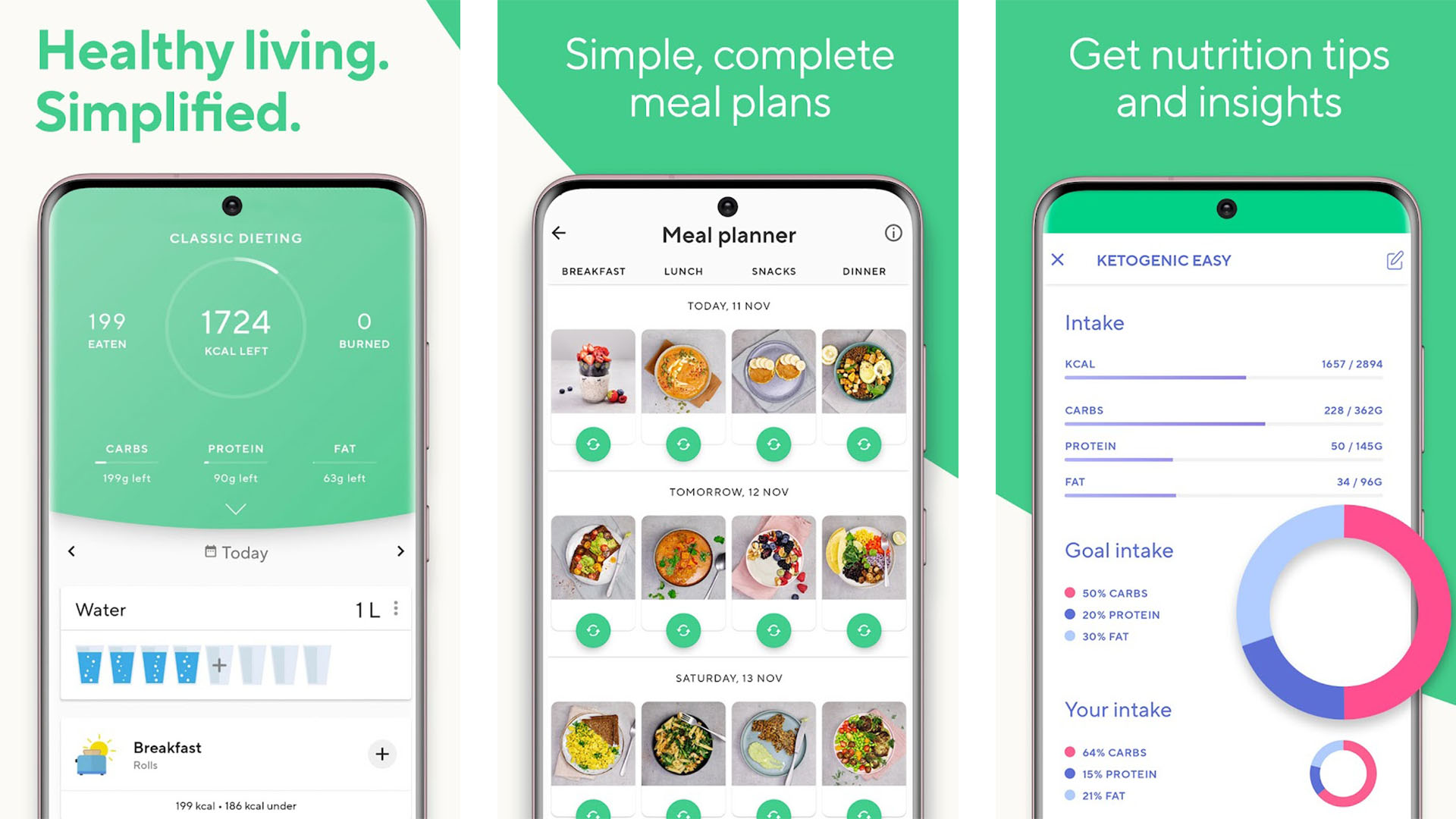
Lifesum is another app that combines diet and exercise. It doesn’t force you to keep hardcore details of every single meal. Instead, it offers basic guidelines to follow. The app asks for things like weight, height, gender, and fitness goals. The app gives each person personalized recommendations from that info. It also includes niche things like micro tracking for those on specialized diets. The food and exercise tracking is free for everybody along with some social features. Everything else requires a subscription. Lifesum requires subscriptions paid upfront for three, six, or 12 months at a time. It’s one of the great health apps.
Price: Free / $9.99 per month / $49.99 per year
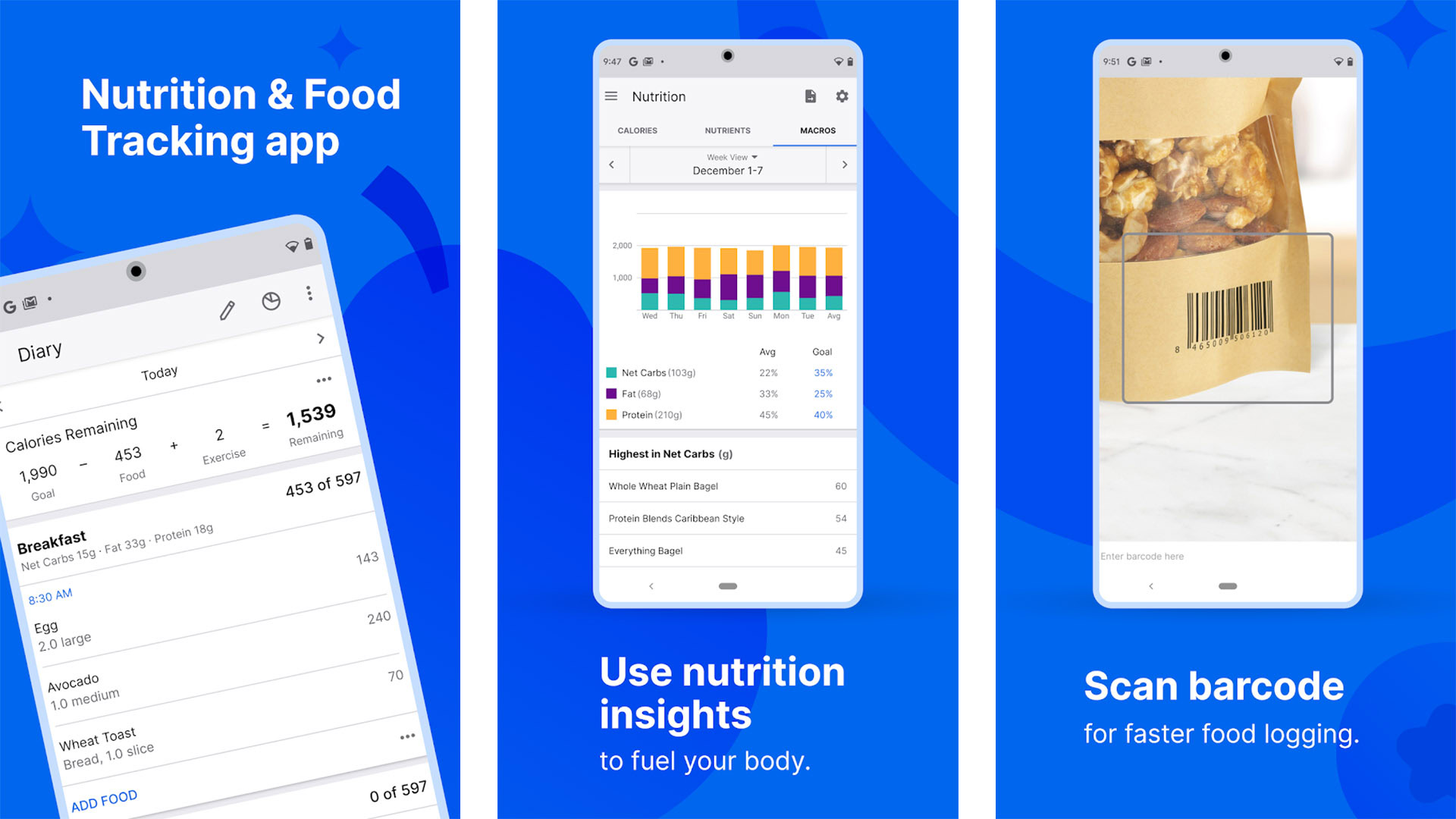
MyFitnessPal is one of the most popular health apps. It does a really good job of keeping your diet in check. It has a large database of food items. That way you can keep track of everything you eat. Calorie counting is its most useful function. Additionally, it has the capacity to integrate with a ton of other fitness and health apps. There is also a selection of exercises to perform, a community to engage with, and stats about your progress. The free version does basic calorie counting stuff. You need the subscription for the rest.
Price: Free / $2.99 per month / $27.99 per year
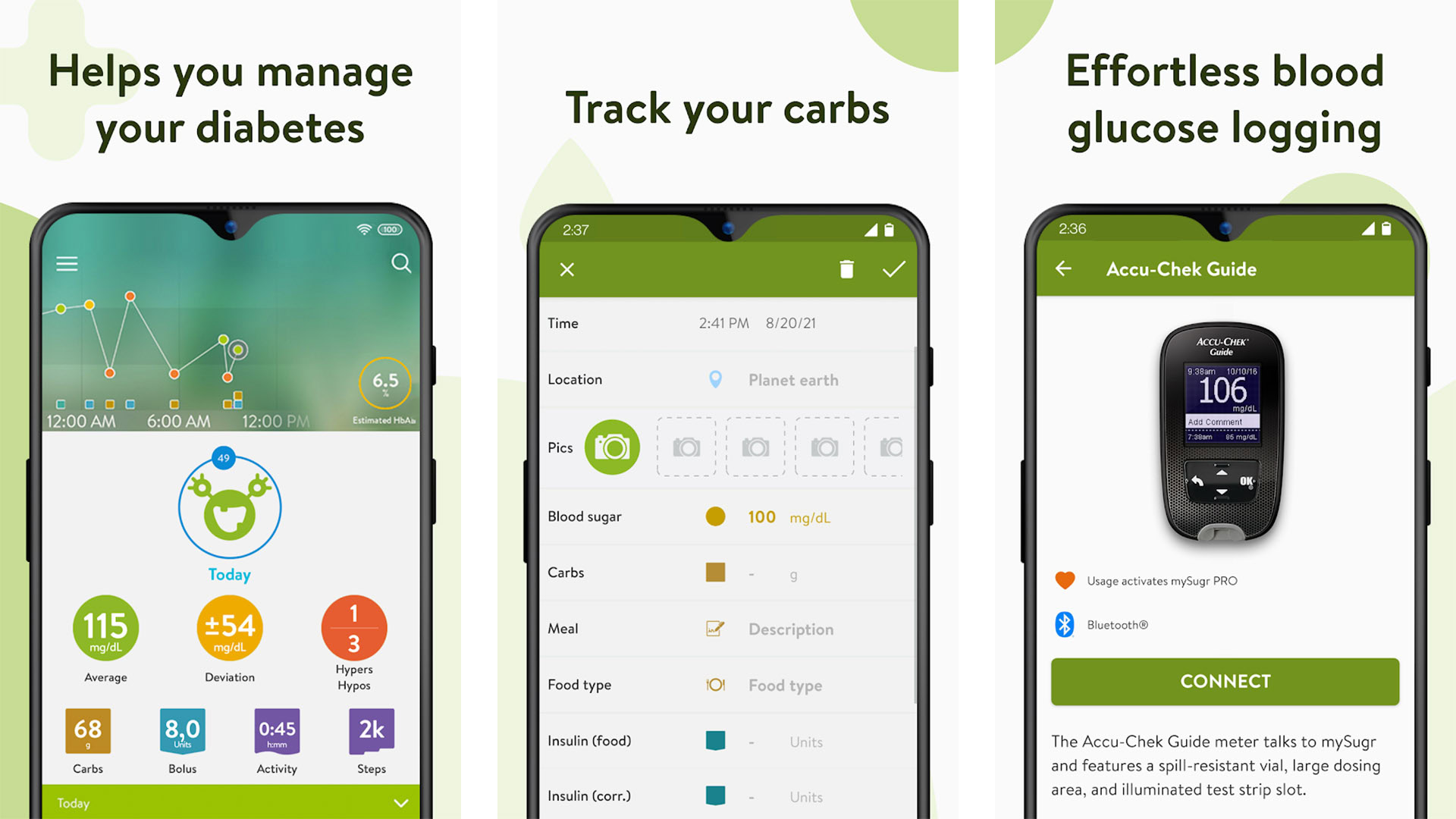
mySugr is an excellent app for people with diabetes. It lets you do things like track your blood sugar, estimate your HbA1c, and you can report your numbers directly to your doctor. Plus, it integrates with some existing hardware like Accu-Chek, Aviva Connect, and others. It’s a fairly simple app to use. Once you get everything set up, you just open it and input your numbers as necessary. A premium subscription version adds PDF exporting, a smart search function, and reminders. However, it is entirely optional and the base app works just fine for basic stuff. This is just one example of managing a chronic illness with an app. You can likely find more options for other chronic illnesses as well.
Price: Free
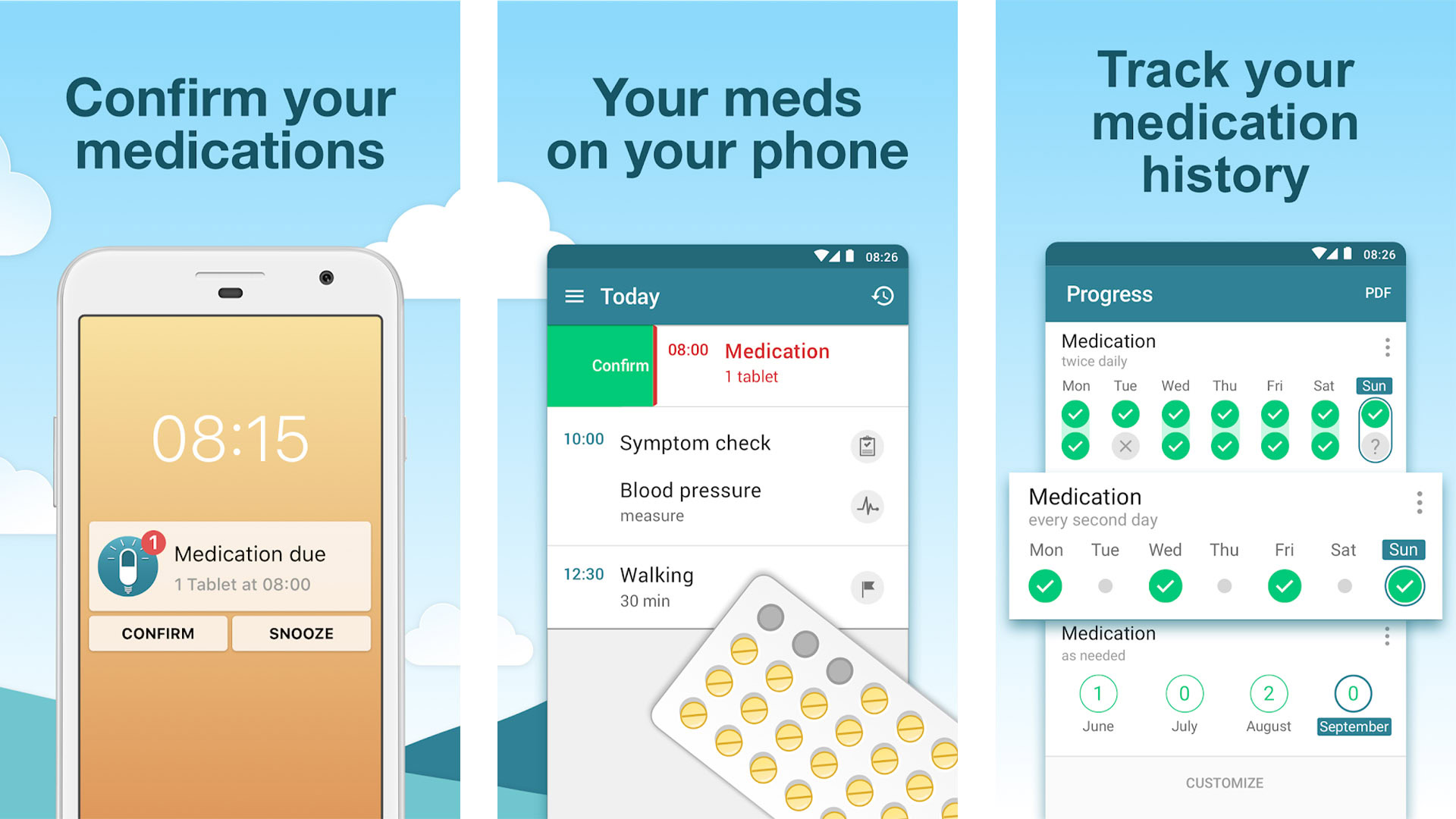
MyTherapy is a pill reminder app with a few other tricks up its sleeve. The main function is a pill reminder that also lets you log your confirmed medication intake or skips so you don’t accidentally overdose. You can also track your dosage over a long period, share your numbers with family members, and more. The app lets you track other things, such as diabetes, hypertension, arthritis, and other chronic conditions. It’s far from perfect, but it’s definitely among the best in its category.
Price: Free / $27.99 per year
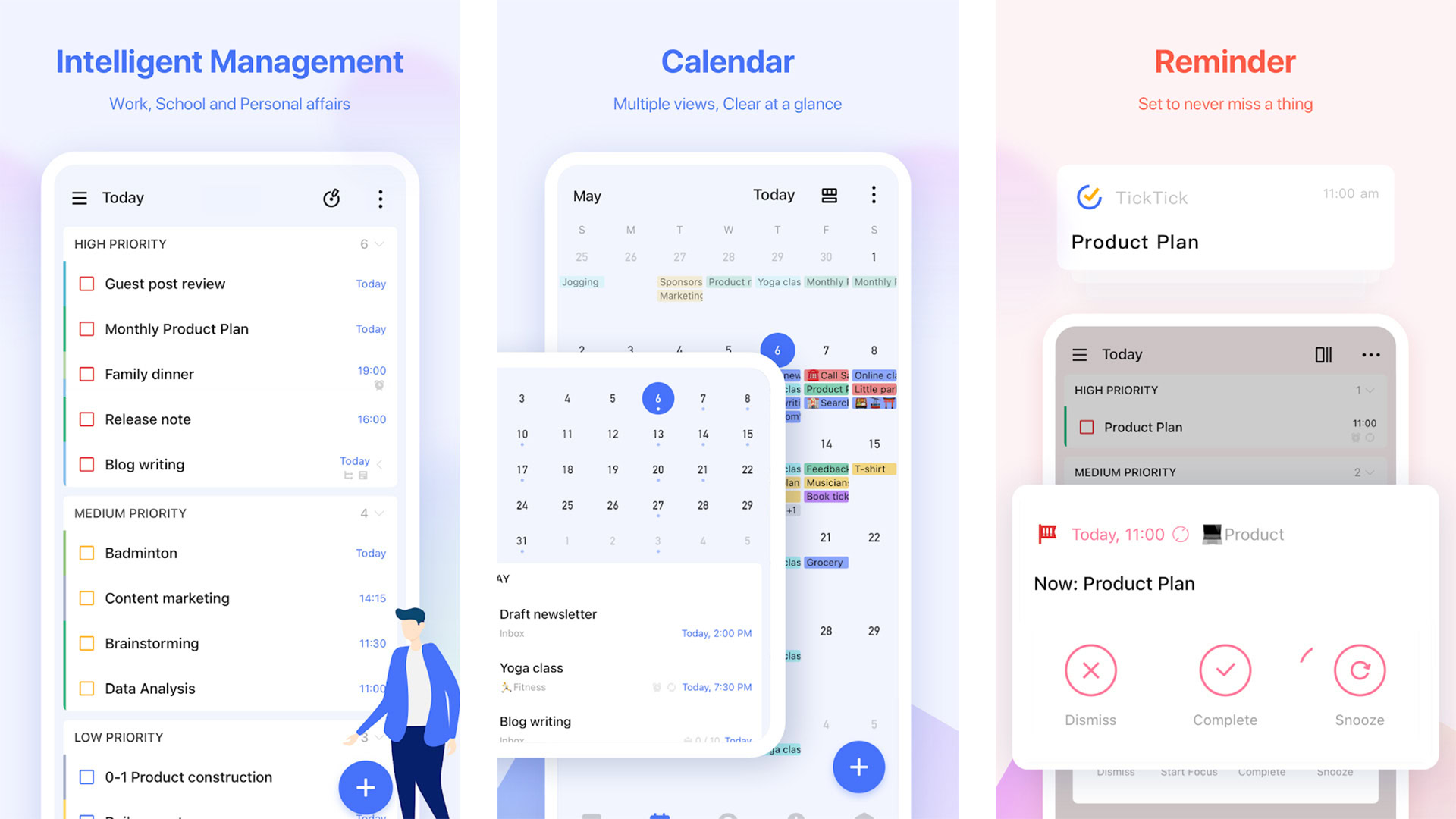
TickTick is a simple, excellent to-do list app. This is useful for a long of things. That includes scheduling and remembering doctor’s appointments, taking your daily medications, or remembering to re-stock on your protein shakes. It’s usable for work and home tasks and stuff like grocery lists. The UI is more straightforward than most and a little bland at times. You can also share your categories and tasks with other people if you want them to see tasks.
It’s not a health app exactly, but it’s definitely useful for health reasons. The free version has all of the features and up to two reminders per task. Anything more than that and it costs $27.99 per year. Todoist, Google Calendar, Any.do, and Microsoft To-Do are decent to-do list apps that do all of this same stuff as well.
Price: Free
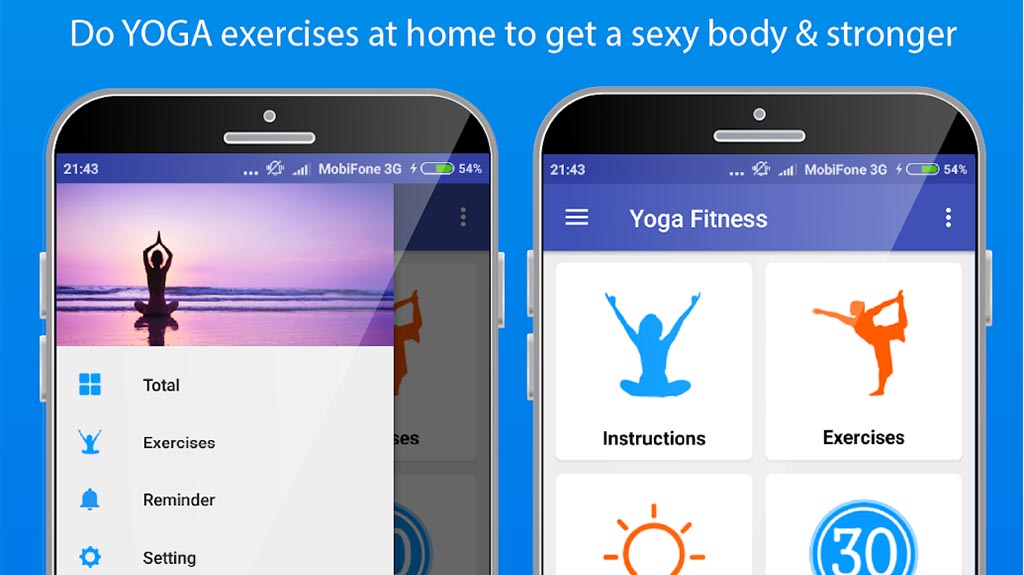
Yoga Daily Fitness is a good, simple yoga app. It features various poses and exercises that can increase flexibility, core strength, and all kinds of other health benefits. This particular app has a few good daily routines to get you started. However, those really serious about yoga will eventually graduate to other, better apps. We only recommend this one first because its price tag is extremely manageable (free, at the time of this writing) and excellent for beginners. Pocket Yoga, Yoga Studio, and Down Dog are also great health apps for yoga fans. We like recommending yoga apps to folks because it’s a low-impact exercise that people with most health conditions can still do.
Price: Free (usually)

Some professions take longer to adapt to new changes than others. However, most doctors these days have an app or a website. You can use the app or website to check your blood work, test results, and sometimes you can even message your doctor directly. However, we only recommend this communication method for non-essential questions. It’s easier to access your medical records this way and keep up with what your doctor is doing than it is to call in and ask. There are many apps for this, so you should ask your doctor about the one their practice uses. Most of these health apps work pretty well. The worst-case scenario is defaulting to a website, but it’s still better than nothing. You can grab Healow using the download button below.
Price: Free (usually)
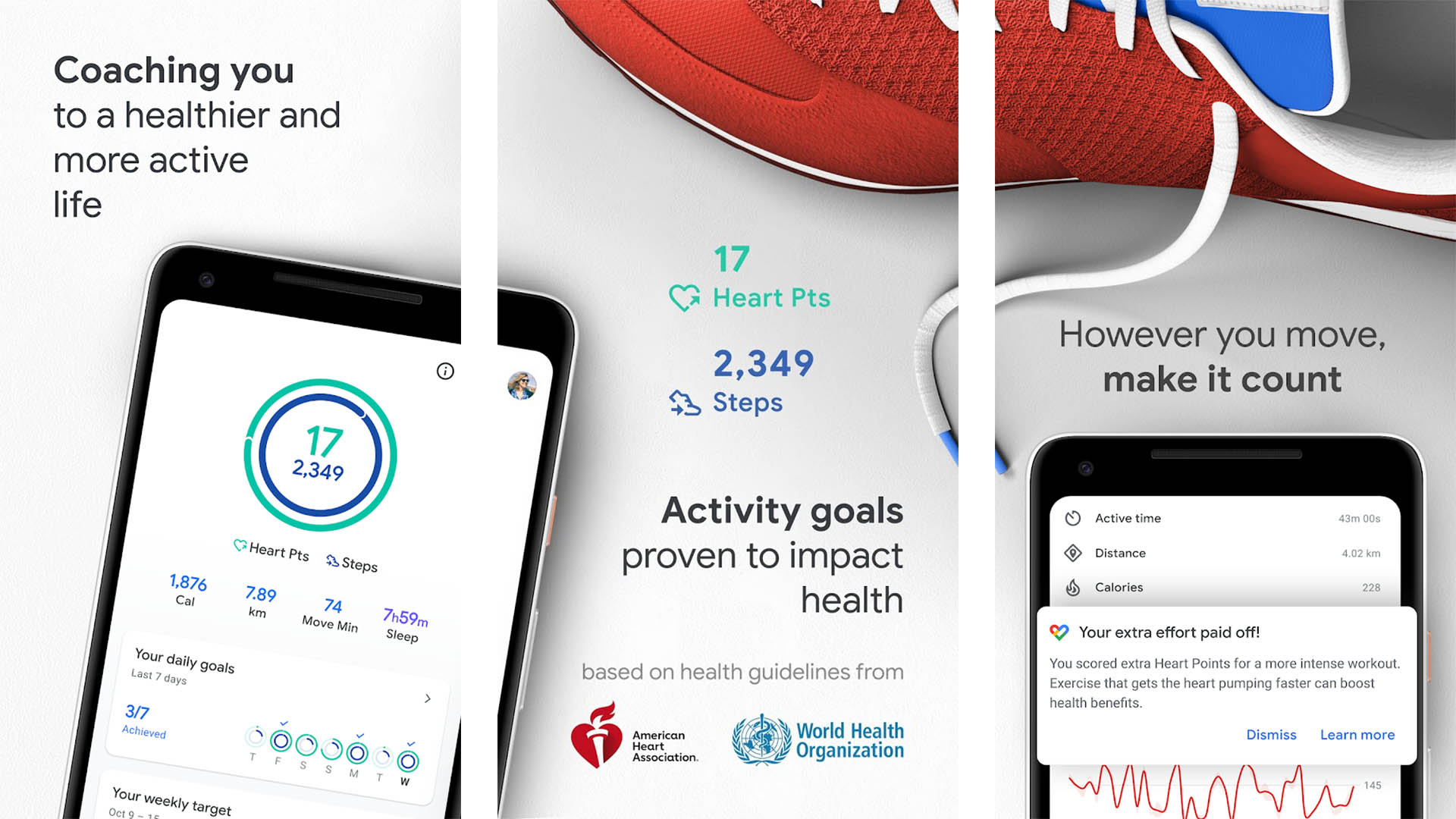
Several phone manufacturers have health tracker apps. The biggest ones include Samsung Health, Google Fit, and Fitbit. Samsung Health and Google Fit, in particular, are pretty good. They keep track of things like steps and calories. Both apps also integrate with Samsung smartwatches and Wear OS watches, respectively. They can also set goals, keep track of things like your weight and give you some motivational quotes if that helps you. These apps are usually free and pre-installed on most Samsung, Google, and other OEM phones. However, you can get Google Fit for any Android device using the download button below.
That’s it for our list of the best health apps for Android. Below are some related articles you might want to check out: